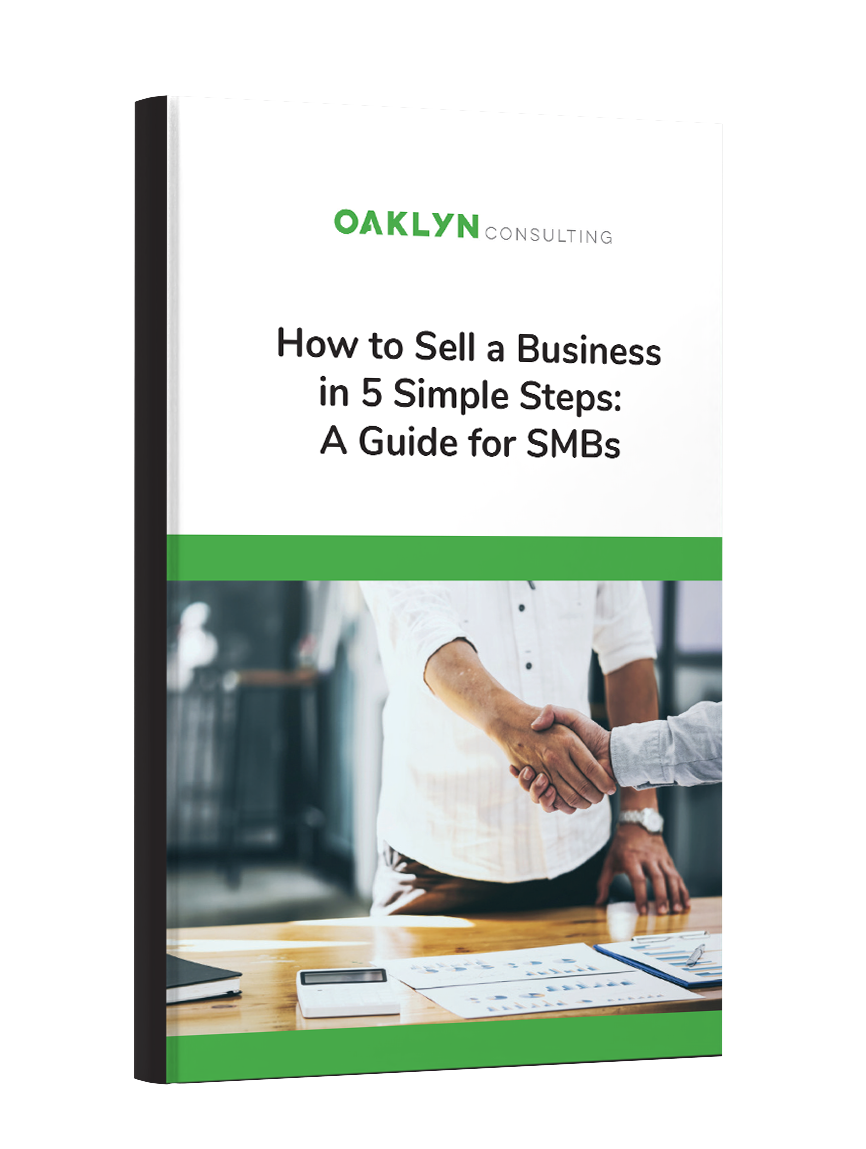Some business owners may find themselves wanting to revert. If so, what steps come next in order to sell the company off? Thanks to The American Genius for having me!
Read the article in PDF.
It’s good to be the boss. Or is it? Despite the freedom that leading a company offers, the work of a small business owner can be exhausting — and might feel unending.
Owners who manage their businesses need to maintain a constant focus on keeping existing clients and employees happy, maintaining a pipeline of new prospects, and continuing to turn a profit, all on top of the various other little responsibilities that inevitably pop up. While they might aspire to do the serious long-term planning that might help to grow their business, it can be understandably hard to find the time.
As a result, some entrepreneurs begin to ponder whether being an employee wasn’t so bad after all — and how they might go about selling their business if they decided to take that leap. One option is to accomplish two tasks at once: finding a buyer for their company who would also hire them in a management role.
For a buyer who is already interested in the company, hiring a talented executive, or even an entire management team, might be an unanticipated bonus. It’s not uncommon for companies large or small to have gaps in their leadership team, and experienced people with deep industry knowledge aren’t always easy to come by.
Necessary steps for the owner
While a management team can contribute to the sales process by keeping the company running smoothly, the lion’s share of the work of selling an owner-managed business falls to the business owner — often in collaboration with outside consultants.
First, before they go too far down the road with a prospect, owners might need to do a mental check-in to make sure they’re truly comfortable with the loss of control that they’ll experience as an employee. Some people pursue company ownership because they don’t like taking orders, and as the boss, they’re as essential as they want to be. Returning to outside employment means that somebody else will be calling the shots, and the decisions made might not always be the ones the former owner would choose. As a list of serious prospects starts to develop, one important factor to consider is how well buyer and seller get along personally, since the sale would initiate an ongoing working relationship.
Owners can play an important role in making prospective buyers aware of their interest in being acquired. This can be made easier if they have a talent for networking or are already on a friendly basis with their competitors. They can also cast a net toward large clients or companies they themselves are clients of, either of whom might see the strategic benefit of a business combination.
Once conversations with prospective buyers begin, owners also need to participate actively in the sales process. This isn’t always as natural a transition as one might think. Although successful entrepreneurs generally don’t get to where they are without some sales abilities, not all of them are able to view their business with the necessary level of detachment to craft a compelling story to potential buyers. If they’re able to do that, owners can often be their business’s best advocate, combining a big-picture vision with important specifics drawn from their deep experience — including who their customer base would be and how their deal pipeline would work.
The role of the management team
If an owner has made the decision to sell their company, the executive team, to some degree, is just along for the ride. But they can still play an important role in making the company sale go as well as possible, and potentially also affect what happens next.
An experienced, well-oiled management team might be one reason an acquirer looks to buy a company. So, if an owner expresses a desire to sell the company, the most helpful thing team members can do is to think imaginatively about how they can contribute to the company’s ongoing success throughout the sales process. By working together as a high-performing unit, team members can help the company owner make a strong case for bringing them along as part of the deal.
After the sale
After locating a serious buyer and agreeing on the terms of a deal, the now-former company owner, maybe along with her management team, will be stepping into a new and unfamiliar work environment — one that could remain stable for years, or might be short-lived if the new owners are in the practice of buying and selling frequently.
The owner will likely be walking away from the sale with enough financial flexibility to maintain their standard of living, even if a new job is short-lived. That financial situation might not be true of other executive team members, so they should factor that into their decision to continue along with the owner in the newly combined company. However, if the conditions are right, a company sale could offer both the owner and executive team an opportunity to move into a rewarding new phase of their careers.






